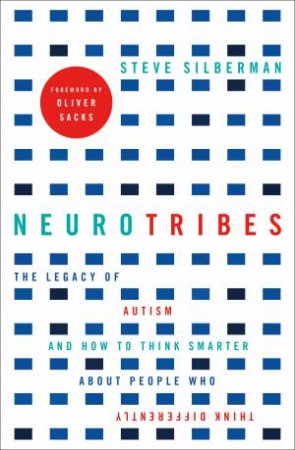
Work by Herwig Czech, a historian of medicine at the Medical University of Vienna, showed Asperger was no hero, but instead complicit in the murder of mentally disabled children, a willing cog in the wheel of the Nazi quest for “racial hygiene.” Similarly, historian Edith Sheffer, author of “Asperger’s Lost Children,” put Asperger’s work into the correct historical context, explaining his role in creating categories to serve regime interests, including “autistic psychopathy” (which has little to do with autism as we know it today, rather, it was more akin to a personality disorder, or more accurately, a failure of the child to conform to the fascistic social spirit, as explained in my review here). Over the years the book has received blow after blow of discrediting by scholars and autism experts.


Asperger, who we are told heroically saved many of his “tribe” from the terrible fate of extermination at the hands of the Nazis.

The latent “tribe” of people with autism (who somehow escaped notice not only of Kanner but basically every clinician and chronicler through the millenia) only began to receive due recognition decades later through the English translation of work by Dr. He essentially accused Kanner, one of the leading child psychiatrists of his day and well known for writing the 1943 paper first describing the condition, of malevolently sidelining countless millions of people with autism by hewing to a narrow definition of the disorder. In NeuroTribes, Silberman tried to sell his preposterous fable not by deploying any data or reasonable discussion of the science but instead via a sort of plot device - by conjuring a dramatic struggle between the “autism” of Leo Kanner and that of Hans Asperger. Many academics have also underscored the book’s web of misrepresentations, most recently a paper in the Journal of Autism and Developmental Disorders by historians Marga Vicedo and Juan Ilerbaig of the University of Toronto. As explained in my 2016 review, the book was clearly an ideology-fueled work packed with “abundant and serious flaws,” including its baseless denial of any increase in autism and its characterization of autism as a mere form of neurodiversity, a “strange gift” caused by nothing more than age-old genetic variants.

When Steve Silberman’s grandiose fabrication of the history of autism, NeuroTribes, was published in 2015 I was stunned that anyone would take the book seriously.


 0 kommentar(er)
0 kommentar(er)
